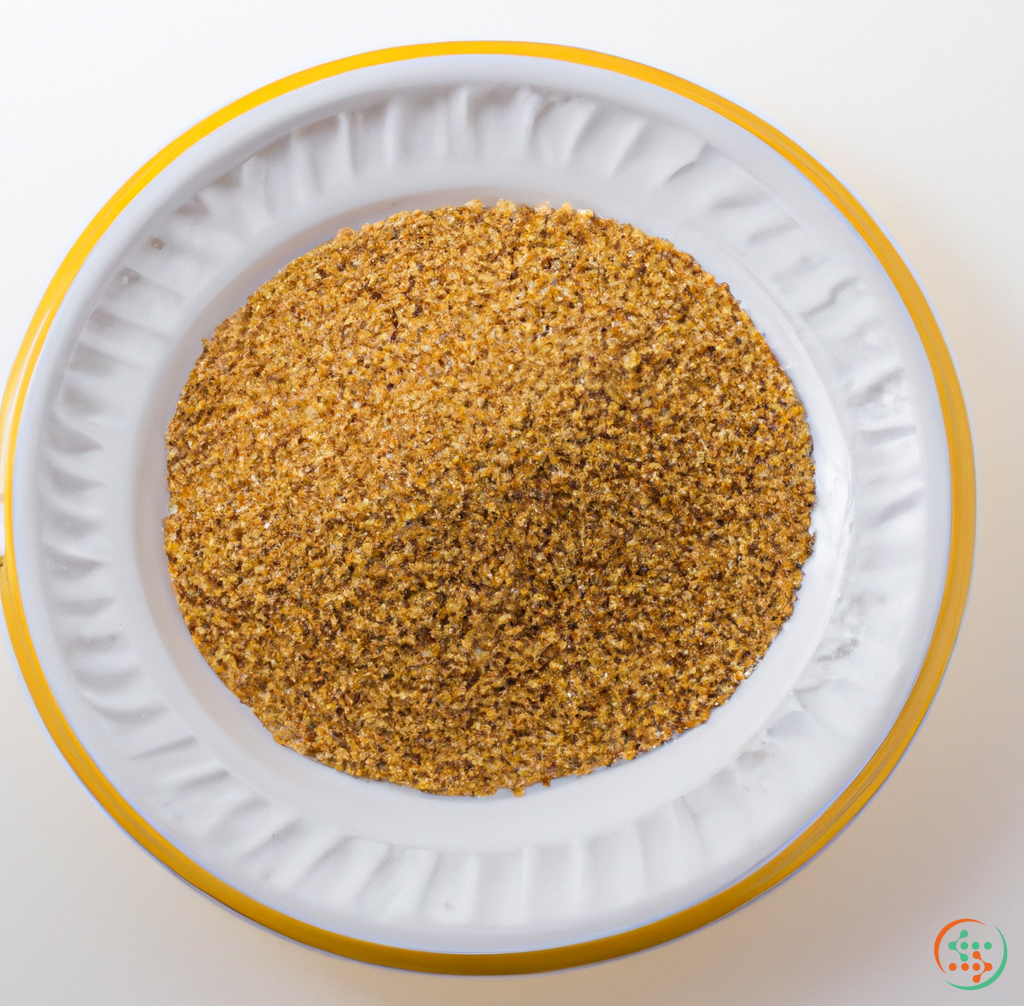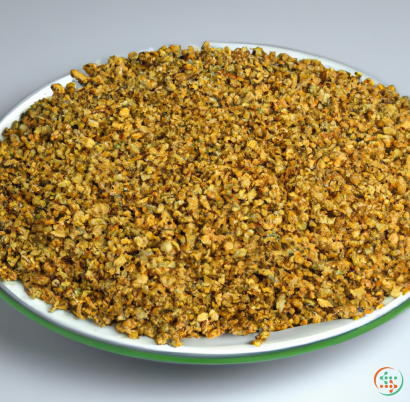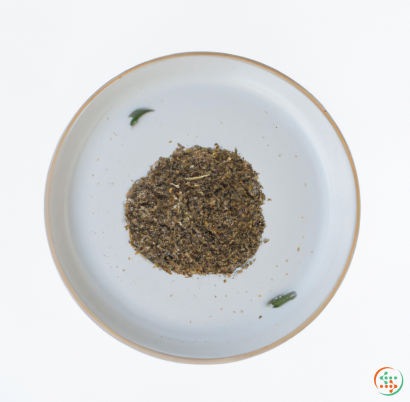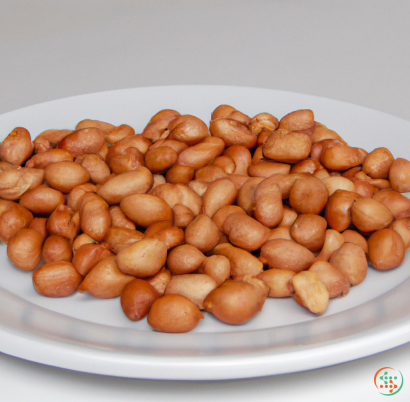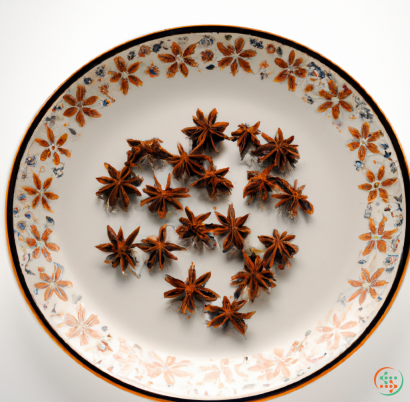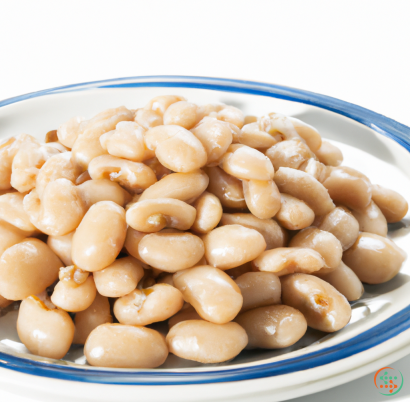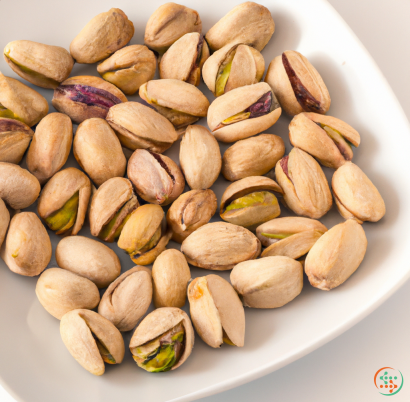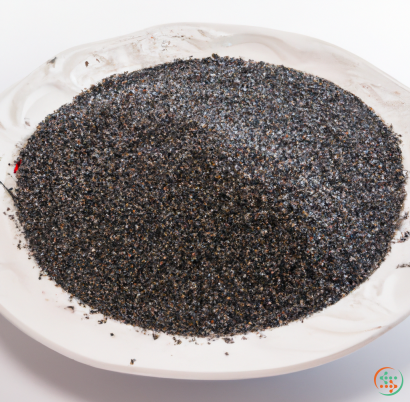Mustard Seed: Complete Vitamin Profile
Mustard Seed: Considered a good source of vitamins?
Mustard seed is a good source of vitamins, especially Vitamin B1 (thiamin) and Vitamin E. Mustard seeds are also high in minerals such as potassium, magnesium, calcium, zinc, selenium, phosphorus, manganese and copper. Most of these nutrients are found in the outer layer of the seeds. This makes mustard seed an excellent source of vitamin and mineral nutrition for any healthful diet.
In terms of vitamin content, mustard seed contains sizeable amounts of many essential nutrients including Vitamin B1 (thiamin), Vitamin B2 (riboflavin), Vitamin B6 (pyridoxine), Vitamin C, Vitamin E, and Vitamin K. It also contains several carotenoids and some other trace vitamins. These vitamins provide various benefits to our bodies and can help prevent certain diseases or illnesses.
The high levels of minerals present in mustard seed make it an excellent food for both people and pets alike. Potassium helps maintain normal blood pressure and heart rate, magnesium helps regulate muscle function and nerve transmitters, and zinc helps support functioning immune systems. Selenium is known to reduce inflammation and protects cells from damaging free radicals, while calcium is needed for strong bones and teeth. Phosphorous aids digestion while manganese and copper have antioxidant properties. All these minerals together work to strengthen organs and keep your overall health in check.
All in all, mustard seed is an excellent source of vitamins and minerals and provides numerous health benefits. As part of a balanced diet, adding mustard seeds can boost your health and improve overall wellbeing.
Mustard Seed ‐ Vitamin Information
Vitamins in Mustard Seed
Mustard seed is a highly nutritious and nutrient-rich member of the Brassica family. It has been used as an important culinary item since ancient times, with its spicy flavor lending itself to many dishes around the world. Mustard seeds are also known for having incredible health benefits due to their high content of essential vitamins and minerals. One of the key components of mustard seed is its vitamin content. This paper will explore the various types of vitamins found within these tiny seeds and explain why they are so beneficial for human consumption.
Vitamin A
The first type of vitamin present inMustard seed is Vitamin A. This vitamin is one of the most important fat-soluble vitamins that humans need. Specifically, it plays an integral role in keeping our eyes healthy, immune functioning strong, and helping keep bones and skin cells building nails, hair, and teeth in good condition. The Vitamins A found in mustard seed can be divided up into two main groups; beta carotene and retinol or preformed Vitamin A. Beta carotene is considered the plant form of Vitamin A, while retinol is what we ingest directly from animals such as eggs and dairy products. Eating either is beneficial for your body – however, the kind found in mustard seed is more readily absorbed. Additionally, this variety of Vitamin A is less likely to cause side effects such as nausea or headaches like other forms when taken in large doses.
Vitamin B
Mustard seed is also rich with several of the eight water soluble B complex vitamins. Approximately 40 percent of mustard seed’s caloric content comes from whole grain carbohydrates which contain B vitamins such as thiamin, riboflavin and niacin. These essential B vitamins help us maintain temperament stability, circulation and muscle coordination by indirectly assisting the conversion of proteins and fats into energy. They are also complementary proteins that work together to break down food materials, aiding in digestion and absorption of nutrients efficiently.
Vitamin C
In addition to being rich in fat soluble Vitamin A, Mustard seed is also packed with Vitamin C. Also known as Ascorbic acid, Vitamin C helps neutralize free radicals preventing oxidative damage, aids in forming collagen and protects the heart from disease. Since this particular vitamin is particularly susceptible to daylight, air exposure and heat, many foods including fresh fruits and vegetables lose much of their nutritional value very quickly over time. Fortunately, mustardseed offers protection against this as Vitamin C content remains stable even under adverse storage condition. Furthermore, mustard seed contains far more vitamin c than almost every other vegetable source - three tablespoons alone can provide 32% of daily recommended amount needed and is, therefore, one ideal way of protecting yourself against scurvy.
Riboflavin
Riboflavin, alongside insulin, is yet another type Vitamin B found in mustard seed and works closely with other B vitamins in order to support metabolic pathways and convert breakdown amino acids into energy. Apart from synthesizing red blood cells, this particularB vitamins is responsible for a host of other tasks: repairing damaged tissue, maximizing function of thyroid gland, forming antibodies and improving eye sight. It is especially crucial in pregnant mothers who may find themselves struggling to get enough ways of consuming ribofalvin naturally. Therefore, adding a few teaspoons of ground mustard seed day can potentially prove incredibly beneficial as just 3 tablespoons per day can provide 50% f daily required intake in adults numbers.
Folate
Another hugely necessary vitamin found inmustard seed is Folate. This B vitamin assists in the regulation of homocysteine level, promoting proper fetal development and supports DNA synthesis whilst playing vital roles in both cell repair and creation. What sets folate apart from the other Vitamin B group members is that only mustard seed is capable of providing this unique form known as 5-Methyltetrahydrofolate (5-MTHF) that can be readily absorbed by our bodies rather than stored in liver reserves.
Vitamin K
Last but not least, mustard seed offer small amounts of Vitamin K. Though negligible compared to other sources, this particular micronutrient helps maintain overall bone health and reduce risk of fractures along with playing critical roles in regulating cardiology process. Vitamin K helps prevent calcification in arteries and veins, induce clotting at injury sites and maintain fluidity of capillary walls; all functions focused on preserving our physical integrity and wellness throughout life.
To conclude, mustard seed contains numerous vitamins that contribute to improved nutrition and overall health benefiting those who push them effortlessly onto one’s plates. Whether you choose to add them to your salads, soups or sauces, enhancing any sort of meal yields unparalleled health returns guaranteed to bolster wellbeing. Furthermore, this knowledge allows home cooks to experiment with different flavour combinations using mustard seed as an ingredient – giving amateur chefs the rare opportunity of transforming regular single dish dinners into healthier meals with little effort but big rewards.
| Vitamin A | 0.002 mg | |
| Beta-Carotene | 0.018 mg | |
| Vitamin E | 0.00507 grams | |
| Vitamin K | 0.0054 mg | |
| Vitamin C | 0.0071 grams | |
| Vitamin B1 | 0.81 mg | |
| Vitamin B2 | 0.26 mg | |
| Vitamin B3 | 0.00473 grams | |
| Vitamin B4 | 0.1227 grams | |
| Vitamin B5 | 0.81 mg | |
| Vitamin B6 | 0.4 mg | |
| Vitamin B9 | 0.162 mg |
